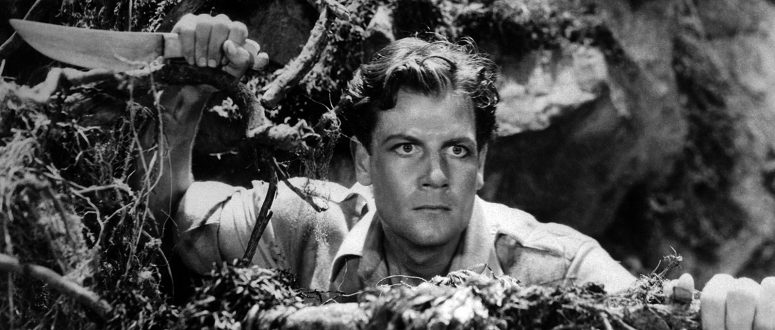
Exploring Ransford’s Thoughts in The Most Dangerous Game: Key Insights
In Richard Connell’s gripping short story, “The Most Dangerous Game,” readers are introduced to Sanger Rainsford, a character who significantly embodies the moral and philosophical dilemmas surrounding hunting, survival, and the nature of humanity. As we delve into Rainsford’s thoughts and insights throughout the narrative, we can glean a deeper understanding of his character and the broader themes at play. Through this exploration, we can reflect on the contrasts between hunter and hunted, instinct and morality, and ultimately, what it means to be human.
The Dual Nature of Hunter and Hunted
From the very beginning of the story, Rainsford is portrayed as an experienced big-game hunter who firmly distinguishes himself as part of the ‘hunter’ class. He views hunting not just as a sport but as a demonstration of skill and superiority over the prey. This distinction shapes Rainsford’s thoughts; he implicitly believes that the hunters possess a moral high ground over the hunted animals. This perspective can lead readers to question the ethics of hunting itself.
However, Rainsford’s views are dramatically challenged when he finds himself in the shoes of the hunted. The unsettling experience of fleeing for his life from General Zaroff, a man who has taken the sport to its most grotesque extremes, forces Rainsford to reconsider his previous beliefs. The sudden shift from hunter to hunted reveals an essential truth: the line between dominance and vulnerability is perilously thin. This evolution prompts readers to consider how easily circumstances can change, forcing individuals to confront their own survival instincts.
Instinct and Rationality
One of the most intriguing aspects of Rainsford’s character is the interplay between instinct and rational thought. Initially, Rainsford approaches hunting with a calculated mindset, relying on his skills and strategies to successfully pursue his prey. As the protagonist, he exhibits confidence and a sense of control over the situation. However, when he becomes the target, he must rely on his instincts to survive.
Connell brilliantly explores this theme through various scenarios that test Rainsford’s logic against his primal impulses. Throughout his harrowing experience on Zaroff’s island, Rainsford learns to trust his instinctual responses. He adapts, improvises, and ultimately uses his intellect to combat the very real threat to his life. This dynamic interplay not only emphasizes the evolution of Rainsford’s character but also highlights the underlying struggle within all humans between reason and instinct, especially in life-or-death situations.
The Nature of Humanity
As Rainsford engages with General Zaroff, the story deepens its exploration of what it means to be human. Zaroff, who believes himself to be a superior being for hunting other humans, presents a distorted view of humanity that is disconnected from morality. Rainsford’s horror at Zaroff’s twisted philosophy forces him to question the boundaries of humanity and civility.
In conversations with Zaroff, Rainsford is compelled to confront his own beliefs about life, death, and the value of human beings. The chilling realization that Zaroff has removed compassion from his understanding of hunting serves as a grim reminder of the potential for darkness within humanity. Rainsford’s fight for survival becomes not just a struggle against a powerful opponent but a quest to retain his own sense of humanity in the face of unimaginable brutality.
Conclusion: Reflecting on Rainsford’s Journey
Rainsford’s journey in “The Most Dangerous Game” serves as a powerful reflection on ethics, survival, and the human condition. His experiences force readers to reevaluate their own perspectives on hunting and the broader implications of power dynamics between creatures. As we explore Rainsford’s thoughts and actions, we are reminded that the roles of hunter and hunted can flip in an instant, and that our instincts and ethics often respond to situations in unexpectedly complex ways.
In the end, Rainsford emerges not just as a survivor but as a man transformed by his experiences. His evolution challenges readers to confront the fine line between civilization and savagery, highlighting the need for self-reflection in a world where the definitions of humanity can sometimes hang in the balance. Through Rainsford’s thoughts, Connell invites us to consider our own beliefs, instincts, and moral responsibilities, making “The Most Dangerous Game” a timeless tale with enduring relevance.
